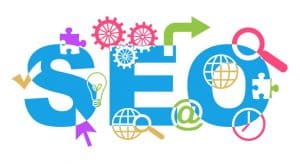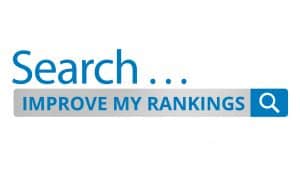
Google Reverses Update of Longer Meta Descriptions
Leave it up to Google to reverse one of the biggest visible changes to search engines in many years. Back in the beginning of the


Leave it up to Google to reverse one of the biggest visible changes to search engines in many years. Back in the beginning of the

When your company is approaching the bottom line, marketing cannot be on the chopping block. By choosing SEO (Search Engine Optimization) as part of your

The internet has become a crowded, highly competitive marketplace. New technology, however, allows for more robust, direct marketing to your customers. The question then becomes,

Boosting traffic on your website is essential for visibility and there are two options to choose from – SEO and PPC. Separately, you can find

Online Reviews and Search Rankings? This is one of the most popular questions we get when meeting with clients to discuss their online presence. In a

Many people think that you can do SEO for a few months and then quit. Quite the opposite actually, SEO is a marathon, not a
Whether you’re interested in working with us or for us, we’re always happy to chat. For Inquiries: 214-446-2240


675 Town Square Blvd, Suite 200, Building 1A, Garland, Texas, 75040
PO Box 1001 Midlothian, TX 76065

Copyright 2024 Baggies Web Solutions. All Rights reserved